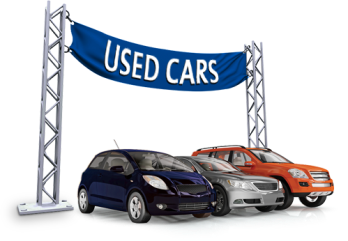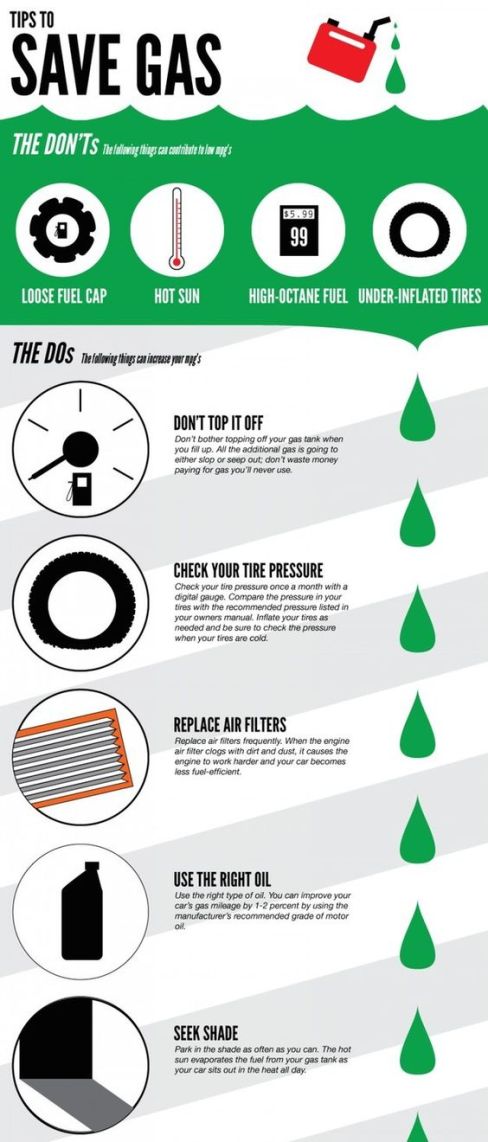Financing: Unlike private sellers, most used car dealers offer flexible finance options. The interest rates are usually lower than what you would find at the bank, and you can pre-apply online for optimal ease.
Warranties: Some used car dealers offer warranties or time-bound guarantees which offer buyers peace of mind when buying a used vehicle.
Trade-in options: Most used car dealers offer trade-in options for buyers who wish to exchange their vehicle.

More legal protection: Used car dealerships are businesses, which means that they must abide by stricter laws that private individuals. This means that if you buy a vehicle from a used car dealer, you’re less likely to run into problems such as fraud, buying a lemon, or buying an undisclosed salvaged vehicle.
Certified pre-owned vehicles: Some people avoid buying used cars because they want a vehicle with low mileage and no cosmetic or mechanical flaws. People with these requirements should consider buying a certified pre-owned vehicle from a used car dealer. Certified pre-owned vehicles can only be bought from dealerships, not private sellers. Certified pre-owned vehicles have undergone thorough inspections and repairs before being certified by the manufacturer.
No need for inspections: Most used car dealers have an on-site service center staffed with mechanics who inspect used vehicles before they go on sale. Talk to the dealer to ensure that they conduct inspections on their merchandise before you buy. They should be able to tell you what they look for during inspections.
Convenience: Buying a vehicle from a used car dealer tends to be more convenient than buying from a private party for a number of reasons. Used car dealers manage the paperwork for you, which means that transactions are as easy as signing your name and a check. The variety of cars you can see at a used car dealership also trumps what you will find in someone’s driveway. Car salesmen are also typically have more knowledge about cars than private parties, which makes it easy to obtain the information you need about a particular make or model on the spot.













